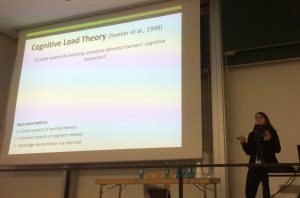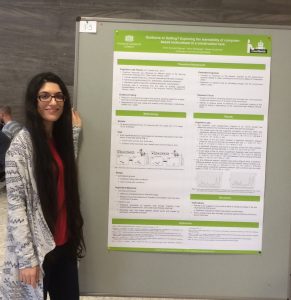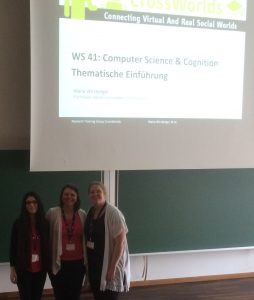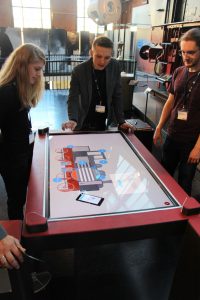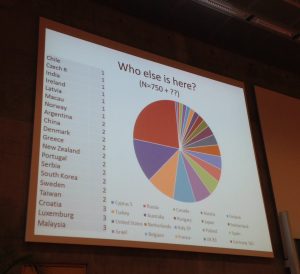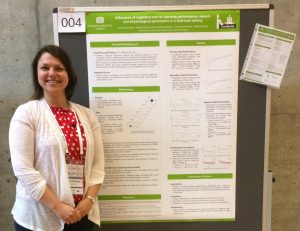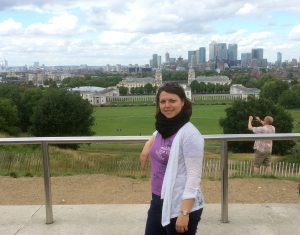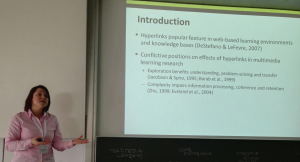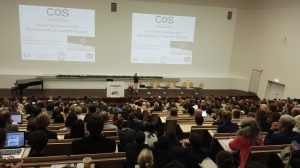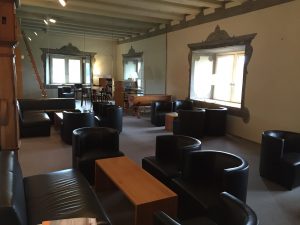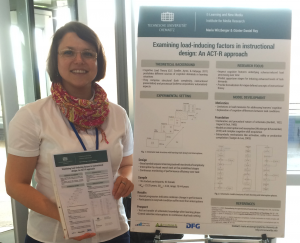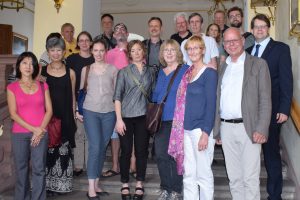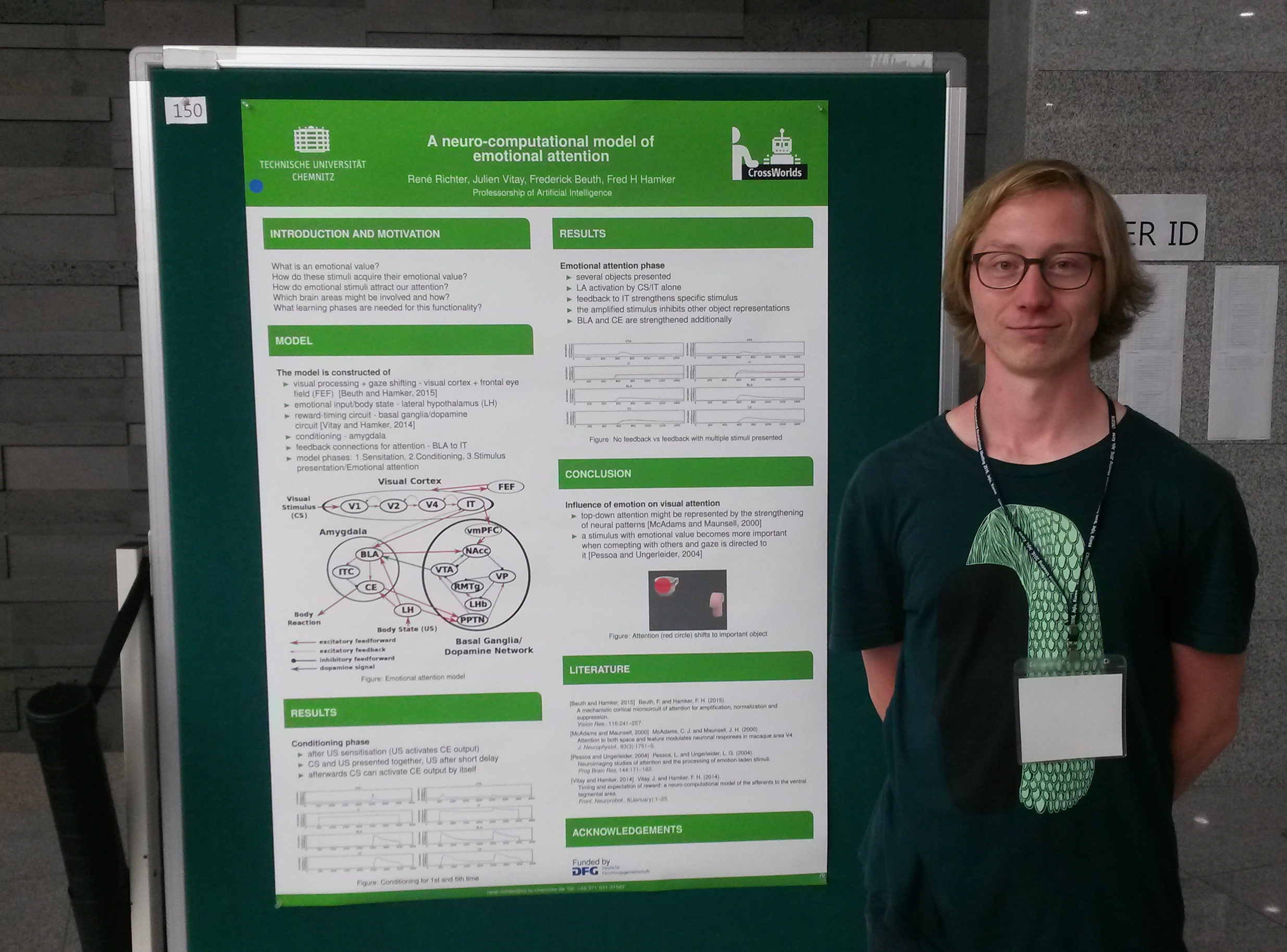On the occasion of the 60th Conference of Experimental Psychologists (TeaP), about 700 researchers from cognitive psychology and related fields visited the multifaceted city of Marburg, to present their latest results and discuss their research during a variety of well attended talk sessions, symposia and poster sessions.
The conference particularly facilitates the participation of young academics at the Bachelor, Master and PhD level, who are provided the opportunity to enter the scientific stage and become acquainted with established experts in their research fields.
CrossWorlds researcher Maria Wirzberger used the chance to introduce one of the building blocks of her PhD work that has been conducted in cooperation with the chair of Media Informatics. Her results on influences of cognitive load on performance, speech and physiological parameters were well received by a large interested audience and also provided her the opportunity to broaden her professional network.
In line with the conference purpose, CrossWorlds master student Shirin Esmaeili Bijarsari presented findings from her master thesis on effects of guidance fading and color coding in a robot construction task. She also received broad and helpful feedback from various visitors during her poster session and successfully made her first steps within the scientific community.
